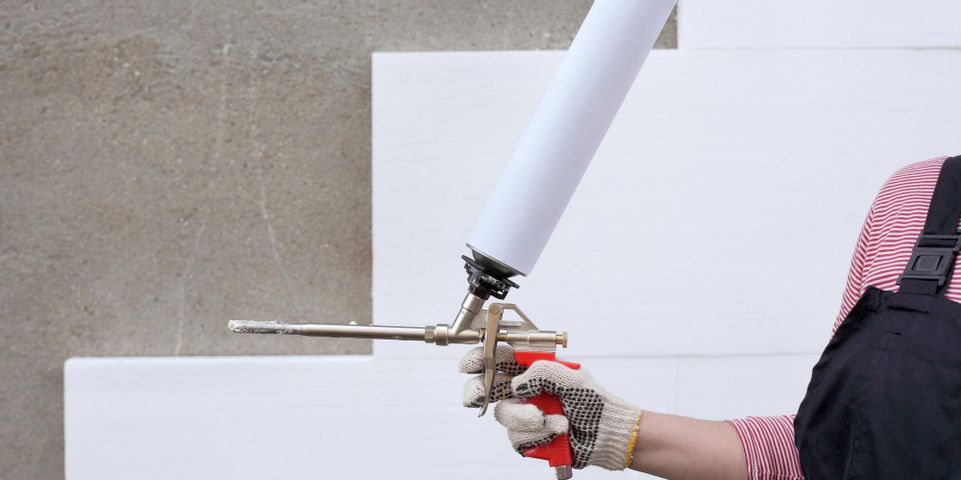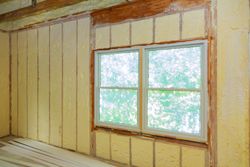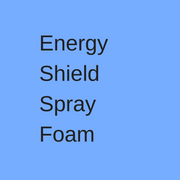What Is Spray Foam Insulation & How Does It Work?

If you’re looking for a simple, affordable, safe, and eco-friendly way to insulate your home, spray foam material is a great choice. Over the last half-century, the use of spray foam has continued to grow and is preferred over many other types of insulation, such as rock wool and fiberglass. If you’re curious about how this innovative material can enhance your building, here are a few facts worth knowing about spray foam insulation.
Simple Guide to Spray Foam Insulation
What Is Spray Foam Made Of?
Spray polyurethane foam (SPF) is a cellulose plastic that is formed when two types of liquid resin are combined and dispensed out of a specialized device. When dispensed, the material will initially have a soft, frothy texture and then quickly harden to adhere to surrounding surfaces.
How Is SPF Installed?
 Prior to applying SPF, all old insulation should be removed, and surfaces should be cleaned and dried. Next, to avoid exposing unwanted areas to foam, a trained installer will cover the surfaces with a tarp and don protective clothing. Once the site is prepared, the installer will use a spray gun device to dispense the foam along all desired areas. The material then expands to provide complete coverage. It will take about 24 hours for the SPF to cure completely.
Prior to applying SPF, all old insulation should be removed, and surfaces should be cleaned and dried. Next, to avoid exposing unwanted areas to foam, a trained installer will cover the surfaces with a tarp and don protective clothing. Once the site is prepared, the installer will use a spray gun device to dispense the foam along all desired areas. The material then expands to provide complete coverage. It will take about 24 hours for the SPF to cure completely.
How Does SPF Help With Energy Savings?
Closed-cell spray foam insulation is extremely dense and is tight enough to prevent air from flowing between insulated surfaces. The R-value—a measurement of insulation efficiency—of spray foam can be as high at 6.0, whereas fiberglass and rock wool typically don’t exceed 3.0. With this protection, you’ll be less likely to experience loss of hot and cool air, making it easier to maintain a comfortable indoor climate for less money.
What Other Benefits Does Spray Foam Offer?
Beyond powerful energy savings, SPF offers several other benefits over traditional forms of insulation. For example, since spray foam is resistant to moisture, it can help prevent leaks and mold growth throughout your home. Due to its density, SPF also helps block sound to create more peaceful indoor environments.
How Long Does SPF Last?
SPF is extremely durable and highly resistant to deterioration—especially when it’s positioned within walls. Most consumers can expect this material to provide reliable insulation throughout the life of their home, up to 80 years or more.
When you want to discover the ways that SPF can transform your home, turn to the experts at Energy Shield Spray Foam. Specializing in spray foam insulation, this team will strategically apply high-quality cellulose throughout your home to offer reliable protection and optimal energy savings. To learn more about these services, visit this spray insulation contractor of Eminence, KY, online. For estimates, call (502) 220-0231 to speak with a friendly contractor.
About the Business
(1 reviews)
Have a question? Ask the experts!
Send your question

